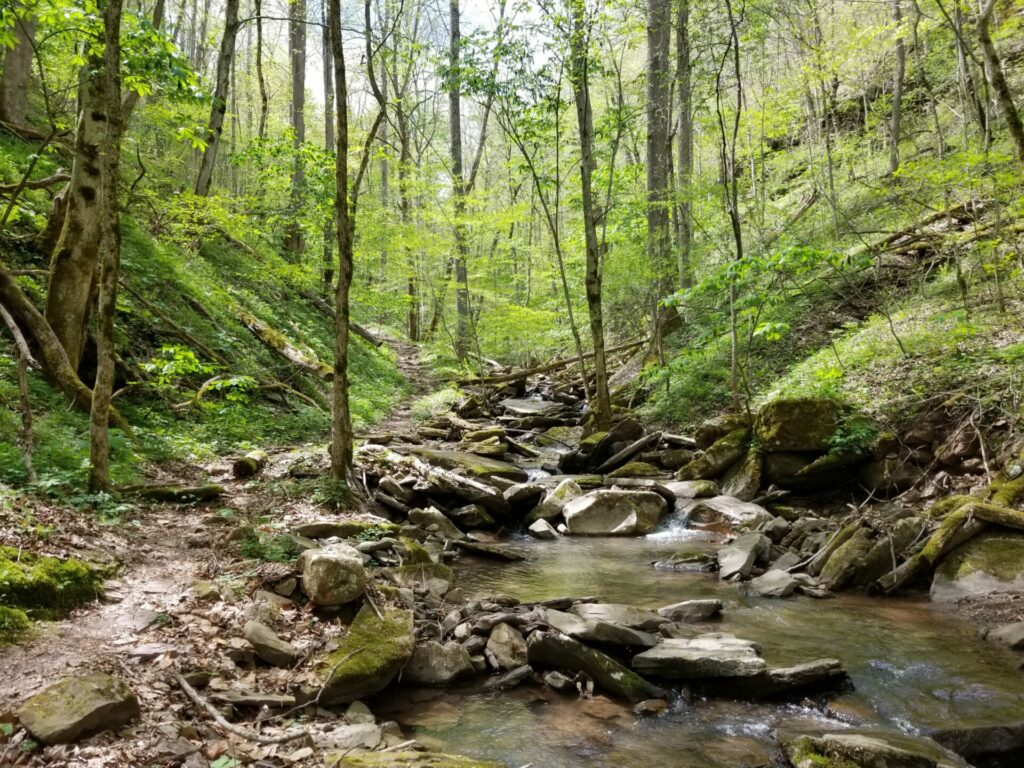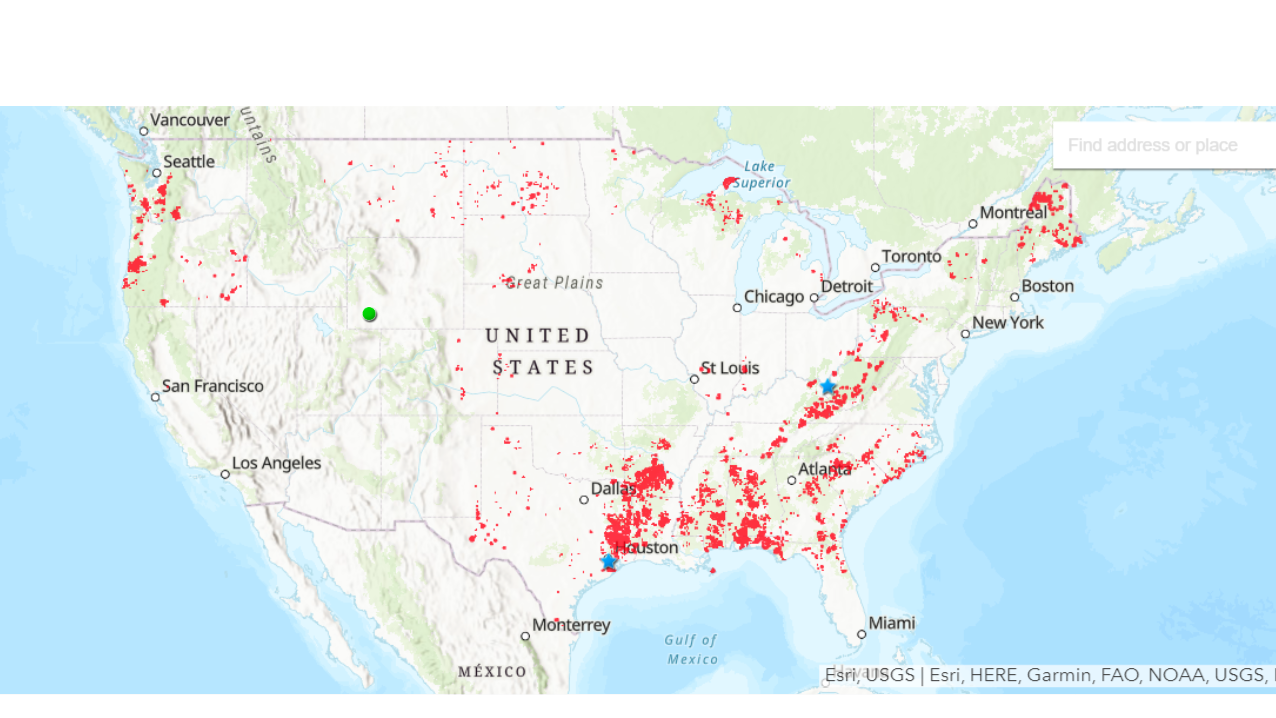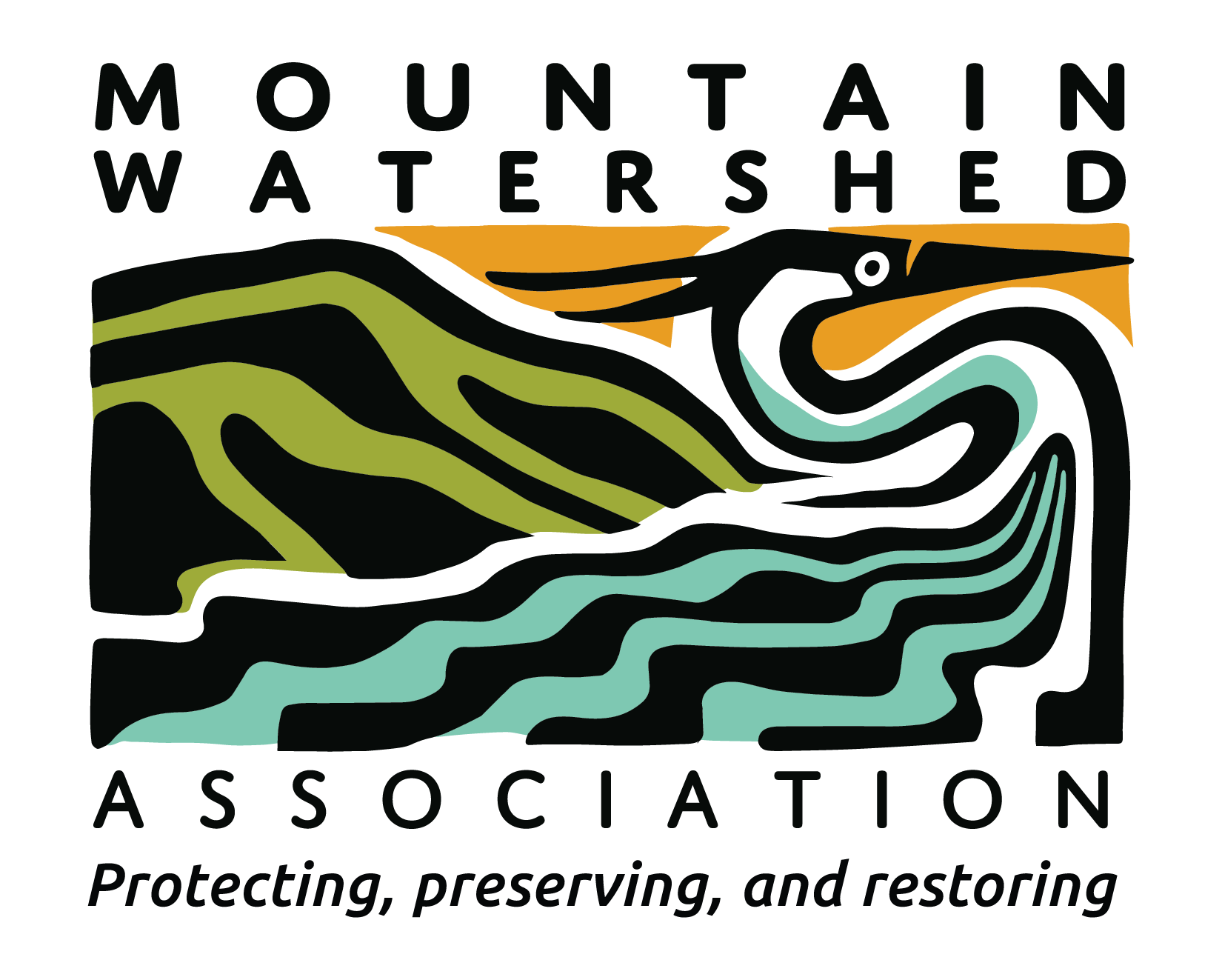
As some of you may know, MWA started a land acquisition committee to purchase land in our watershed for conservation and protection.
But buying parcels of land gets expensive, so I’ve been looking for ways to keep this process sustainable for MWA. That’s how I came across the idea of carbon capture. I read an article that described a young couple earning money by selling the value of the carbon captured in the woods behind their house.
Carbon capture is often marketed as a “greener” way to profit from your trees than selling them for timber. Since trees absorb more carbon dioxide than they release, a parcel of woodland is a carbon sink. Carbon-capture companies measure how much carbon dioxide your trees suck up. Then they sell those “carbon credits” to other businesses that need to offset their emissions. (One carbon credit equals one metric ton of carbon dioxide removed from the atmosphere.) This seems like a great way to preserve a privately owned forest and make money at the same time.
Our committee agreed to explore this for the land we are purchasing. I met with an organization called Forest Carbon Works, discussed options, and went through the application process.
We were approved and offered a contract. As I read the contract, I started having some doubts.
By entering into a contract with a carbon sequestration company, you are granting rights to all of the carbon stored on the property leased to that company. That doesn’t sound so bad! But if we replace the word carbon with mineral, some alarm bells might start going off in your head.
“1.4 Assignment of Carbon Rights. Owner hereby conveys to Grantee, without reservation, any and all Carbon Rights that may be associated with or resulting or derived during the Contract Period from the Forestland and Grantee hereby accepts all such Carbon Rights. Owner shall have no ownership, lien, title, security or other interest in any such Carbon Rights. Except for payments to Owner described in this Agreement, Owner shall not be entitled to any other payments or benefits accrued by or from Carbon Rights associated with or resulting or derived from the Forestland.”
I started to wonder if carbon is considered a mineral for the purposes of a mineral rights contract. The energy giant Natural Resource Partners (NRP) certainly thinks so. From their website:
“(NRP) is a diversified natural resource company that owns, manages and leases a diversified portfolio of properties in the United States, including coal, industrial minerals and other natural resources, as well as rights to conduct carbon sequestration and renewable energy activities.”
NRP owns 13 million acres of mineral interests and subsurface rights across the country. That’s over 20,000 square miles! As markets change, it seems that they’re hoping to profit from renewables:
“We are working to strategically redefine our business as a key player in the transitional energy economy in the years to come.”
NRP currently owns the legal rights to sequester carbon underground in 3.5 million acres. Sequestration (which can also occur in rocks underground) requires a lot of land with a specific kind of rock, proximity to industrial greenhouse gas emissions, and a legal title granting the acreage owner the right to sequester carbon underground. If you check out this map, you’ll see that NRP certainly has all of that. (Map source: https://nrplp.com/business/#carbon-neutral-initiatives)

At this point, I’m not concerned with the merit of carbon credit speculation, or the moral compass of carbon capture companies. Here’s my main problem: is signing away your mineral rights to a company in your best interest? Many folks in Appalachia would tell you that it’s not.
This is a burgeoning market, and the mineral extraction industry is well versed in securing rights for pennies on the dollar before the market catches up. I’m not saying your fifty acres of trees is a potential goldmine waiting to reap the benefits of carbon sequestration. There is a good chance regulation will catch up and help standardize the market (though that’s not usually the case when extraction companies invest a lot of money in something).
Several of these carbon-capture companies are reputable and follow strict guidelines. Some take great effort to look like a conservation organization – for instance using words like Forest, and a .org address rather than mineralextraction.com.
Another consideration is compensation. When you sign a lease with a company that involves payments – whether it’s a cell phone tower or mineral rights – that lease can be sold to another company. Whoever purchases your lease has no obligation to honor any previous compensations.
Here’s a typical contract:
“Assignment of Agreement. Grantee shall have the right, without the prior consent of Owner, to sell, convey, assign or transfer this Agreement (including granting co-easements, separate easements, subeasements) and any or all of its rights, including Carbon Rights and rights to acquire and develop such rights, hereunder to any third party in and to any or all of the Forestland provided such transfer is related to the generation of Offset Credits from the Forestland. Grantee shall be relieved of all of its obligations arising under this Agreement, as to all or such portion of its interests in the Forestland transferred, from and after the effective date of such transfer, provided such rights and obligations have been assumed by such transferee.”
Just because you found a reputable and ethical company that will give you fair compensation doesn’t mean they won’t be bought out by another less than ideal company.
Even though this course of action isn’t in MWA’s best interests, it may work for others. But do your research, understand what you are signing, and for how long. Speak with those that have signed over gas rights in our area (though most won’t be allowed to share details due to ongoing litigation). Understand the basics of Cap and Trade, learn about the Carbon Credit Exchange markets, and then decide whether or not this is something worth pursuing.
Further reading:
https://climatechange.ucdavis.edu/climate/definitions/carbon-sequestration

